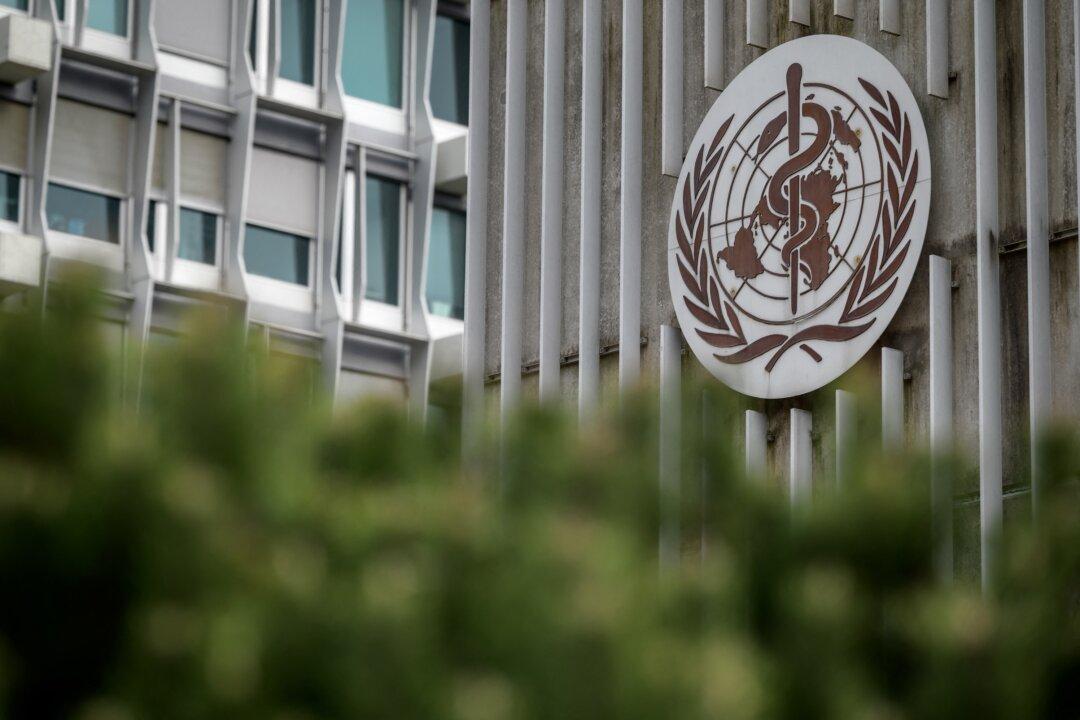Commentary
Critics of a proposed pandemic treaty say it would cede U.S. autonomy to the China-led World Health Organization (WHO). Mainstream media say it would not.

Critics of a proposed pandemic treaty say it would cede U.S. autonomy to the China-led World Health Organization (WHO). Mainstream media say it would not.